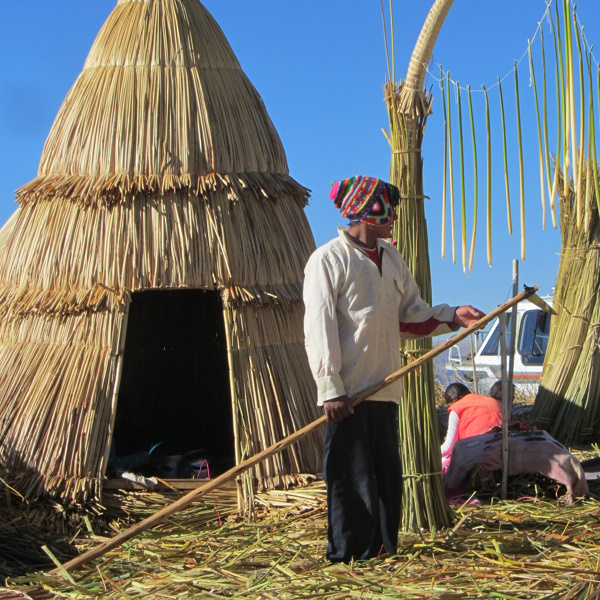Abstract
In a time of huge religious, political and territorial conflict, the cultural dimension of development is all too easily ignored. The last special issue of the Journal of Law, Social Justice and Global Development was concerned with Cultural Rights (culture and human rights); this current issue, thematically, follows from a question that emerged in the process of its editing: How have global cultural policies been conceived as development policies through a quest for the ‘ideal’ of democracy? The 2001 UNESCO Universal Declaration on Cultural Diversity, and then the 2005 Convention on the Protection and Promotion of the Diversity of Cultural Expressions, appealed to the values of democracy as a ‘basis’ of their operational efficacy. But what kind of democracy is most effective in the implementation of cultural policies, and how that that re-adjust our thinking on the role of culture in development? What happened to the discourse on democracy and development that featured milestone texts like the World Commission on Culture and Development’s Our Creative Diversity (1966)? What happened to the notion that cultural pluralism was a road to democratisation, and why do policies on multiculturalism no longer seem to promise a vibrant participatory “culture” of democracy for the brave new “globalised” world? These questions cannot be decisively answered, but the articles in this issue serve to frame our investigation moving forward to a substantive response.


